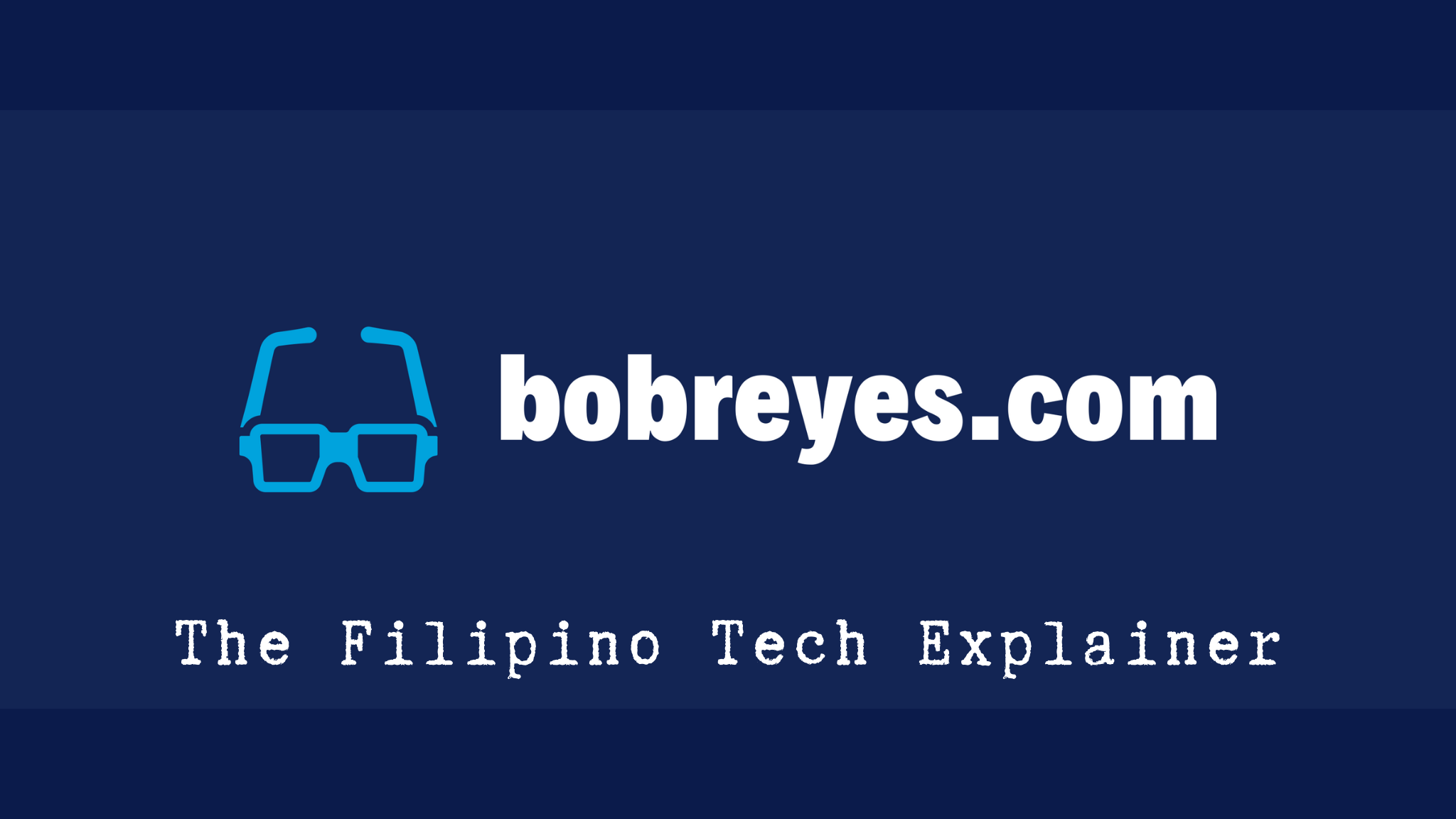Earlier today, I had the honor of giving a talk at the 2024 Leaders & HR Symposium of the Civil Service Commission, held at the Philippine International Convention Center (PICC). The event’s theme, Adapt Beyond Limits, highlighted the urgent need for organizations, HR practitioners, and business leaders to foster adaptability in the face of rapidly evolving technologies. My lecture focused on Adaptability with Digital Technology — a topic that resonated deeply with the audience as it addresses the challenges and opportunities of the digital era.
After the lecture, I received a slew of questions, most of which revolved around the concepts of digitization, digitalization, privacy, and the use of AI in the workplace. These concerns are at the forefront of today’s organizational conversations as leaders grapple with how to effectively integrate these technologies while maintaining data privacy and balancing the human aspect of work.

What is Digital Literacy & Why It’s Crucial
In my talk, I emphasized the importance of digital literacy, which refers to the ability to use digital tools, platforms, and networks to access, manage, evaluate, and create information. As workplaces become increasingly tech-driven, digital literacy is no longer optional — it’s essential for employees and leaders alike. It ensures that individuals at all levels of an organization can navigate technological changes, whether through digital communication tools, collaboration software, or AI systems.
For HR professionals, digital literacy is key to designing effective upskilling programs and managing recruitment with HR technology. Employees, on the other hand, must become proficient with the digital tools required for their daily tasks, while leaders need a broader understanding of how these tools can drive strategic business decisions and transformations.
Key Challenges to Digital Adaptability
Despite the clear benefits of digital literacy, many organizations struggle with digital adoption. Several of the questions posed after my lecture touched on this, particularly regarding resistance to change. Employees often resist digitization due to fear of failure, job displacement, or simply being more comfortable with traditional processes. This hesitation is particularly evident among older employees, who may feel overwhelmed by the speed of technological advancements.
Another key concern raised was privacy — specifically how organizations can assure employees that their personal data, and the company’s sensitive information, will be protected in a digital-first environment. The use of AI in workplace operations was another hot topic, with many attendees eager to understand how AI tools can be used to enhance productivity without compromising job security or employee autonomy.
Opportunities for Growth Through Digital Technology
Despite these challenges, the opportunities for embracing digital technology are immense. During the talk, I discussed how cloud-based platforms enable seamless communication and file sharing, fostering better collaboration across teams. Project management tools improve workflow tracking and keep teams aligned, while automation and AI solutions enhance HR processes such as recruitment, employee engagement, and performance evaluation. As I pointed out, automation allows leaders to shift their focus from routine tasks to strategic decision-making, which drives organizational growth.
With the rise of digitalization, the need for continuous learning is more critical than ever. Many attendees were keen to hear about how organizations can implement training programs that focus on digital skills, such as data analytics, cybersecurity awareness, and AI integration. These programs not only prepare employees for future challenges but also empower them to contribute more effectively to their organization’s success.
The Role of Leadership in Driving Digital Transformation
Leaders play a pivotal role in overcoming the barriers to digital adoption. By embracing innovation themselves, they set an example for the entire organization, demonstrating that adaptability is not just encouraged but expected. During the symposium, I stressed the importance of creating a culture where employees feel supported in experimenting with new tools and processes without fear of failure. It’s about fostering a workplace that is flexible, innovative, and always learning.
The questions I received about AI further underscored the growing interest in how this technology will shape the future of work. AI can empower HR departments with data-driven insights, but it is the role of leadership to ensure that these tools are integrated thoughtfully, with proper attention to privacy concerns and the human element of work.
As we continue to navigate the digital transformation of our workplaces, one thing is clear: adaptability is the key to thriving in this environment. Leaders must prioritize digital literacy and create opportunities for employees to continuously learn and grow. This investment in technology and people will allow organizations to Adapt Beyond Limits, positioning them for long-term success in an ever-changing digital landscape.
The discussions that followed my talk demonstrated just how vital it is to address the challenges and opportunities presented by digitization, digitalization, and AI. By focusing on these areas, organizations can empower their workforce to embrace technological change, innovate, and remain competitive.
A copy of my slide deck for this symposium is available here.


